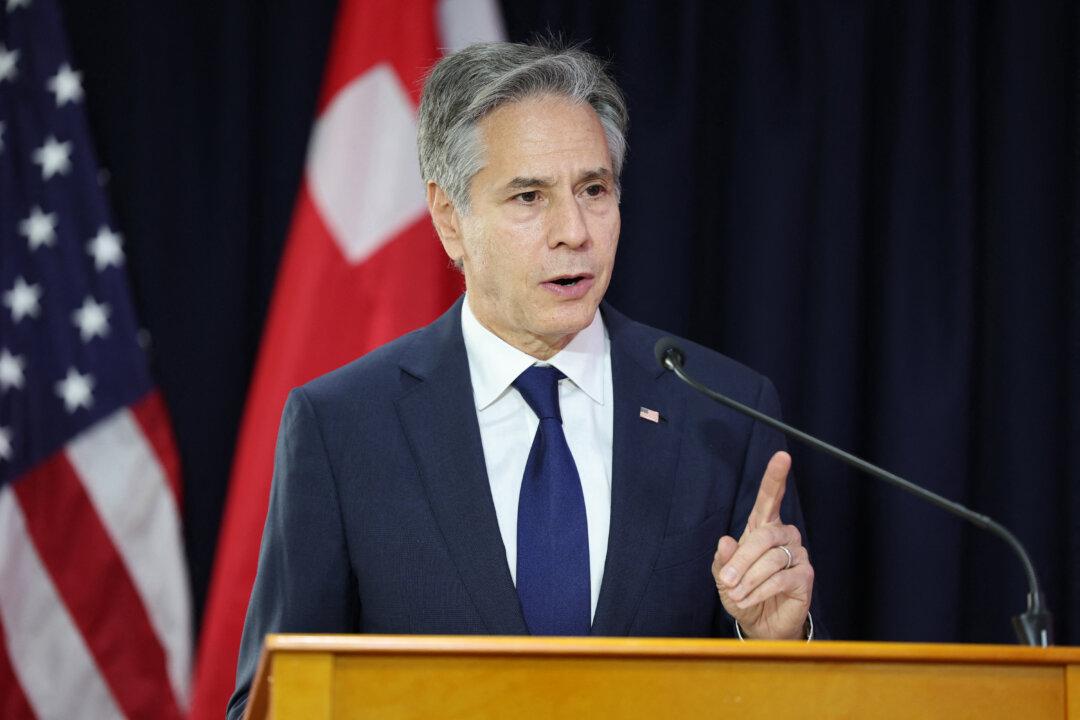The United States said it'll provide Ukraine with $400 million in additional military aid, which will include Black Hornet spy drones for the first time, to help Ukraine in its ongoing fight against Russian aggression.
The Pentagon announced the new security aid package on July 25, which marks the Biden administration’s 43rd drawdown of equipment from Defense Department inventories for Ukraine since August 2021.





